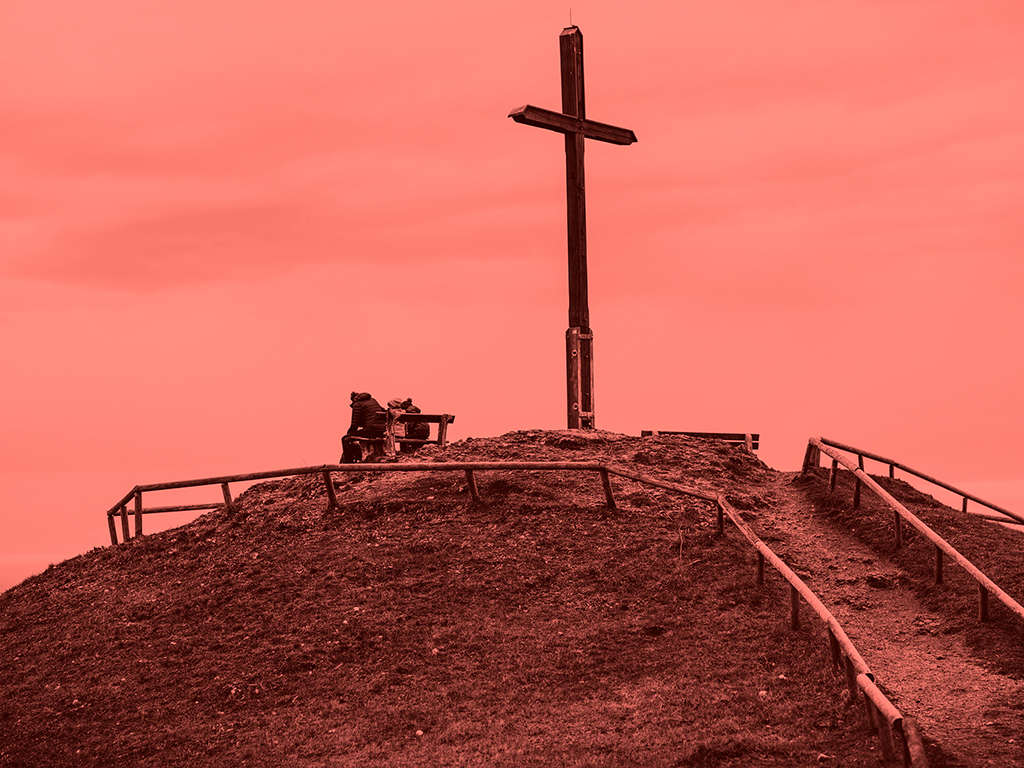In 1 Thess 4:13 – 5:11, Paul responds to the Thessalonians’ inquiry about the Lord’s coming. Paul reveals a distinct contrast between those who believe and those who do not. For those who belong to Christ, Paul declares that they possess salvation through Christ. He identifies salvation as involving faith in the death and resurrection of Christ. In this faith, God brings those alive and dead to him in Christ. This gathering occurs by his calling of first those who died and then those who have “the sleep of death”. Together those who gather will join God in heaven. In addition to this great joining, Paul exhorts those who remain alive to live in the light and to be sober or “to be vigilant and circumspect”. This sober living includes faith, love, and the hope of salvation. These actions demonstrate a sharp contrast against those who do not belong to Christ. The opposition or contrast demonstrates the power in the resurrection of Christ for those who believe. The powerful resurrection not only secures a joining with Christ, but it also propagates a lifestyle of light induced by alertness and sober living. Now that the Thessalonians are entrenched in the powerful resurrection, they are called to comfort and encourage one another with this truth.
In conclusion, despite possessing security in Christ, Paul still implores the Thessalonians to live a life rooted in faith, love, and hope in salvation. This exhortation identifies the realities of living in a world, where drunkenness and darkness exist. Paul’s exhortation remains relevant to modern Christians. The realities of this world can easily distract Christians from being rooted in the light and sober living. This lifestyle does not foster salvation. Salvation occurs by God’s grace and mercy through Christ. In addition, salvation does not occur through the limitations of humankind’s actions. However, when the power of the resurrection manifests in believers’ lives, it produces behavior of the light and prompts alertness for Christ’s return. With the power of the resurrection in Christians’ lives, we remain secure and do not fear death. For those who do not believe, death represents a complete loss of life. For believers; however, death represents a resurrected life in Christ.


